Search the Special Collections and Archives Portal
Search Results
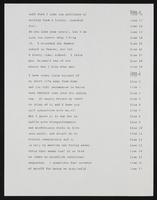
man000806-006-002
Text
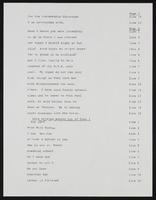
man000806-006-003
Text

man000806-006-004
Text
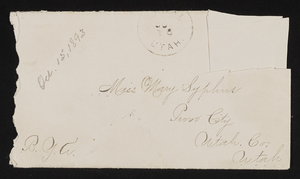
man000807-001
Text
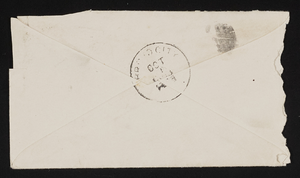
man000807-002
Text
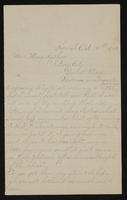
man000807-003
Text
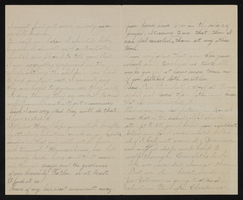
man000807-004
Text
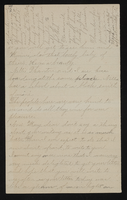
man000807-005
Text
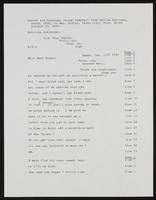
man000807-006-001
Text
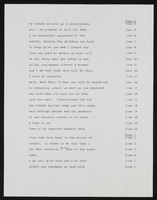
man000807-006-002
Text
Pagination
Refine my results
Content Type
Creator or Contributor
Subject
Archival Collection
Digital Project
Resource Type
Year
Material Type
Place
Language
Records Classification
